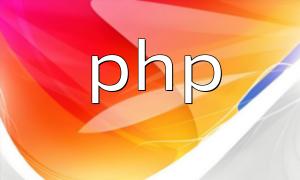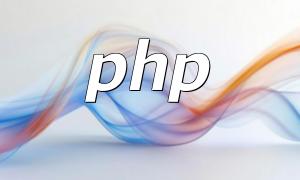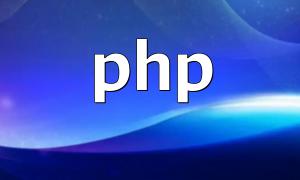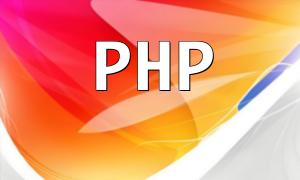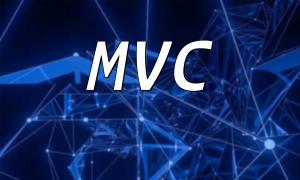In modern web development, integrating PHP frameworks with content management systems (CMS) has become a common and effective practice. While this approach can accelerate development and enhance functionality, it may also introduce notable performance issues. This article explores those impacts in depth and offers targeted optimization strategies.
When combining a PHP framework and a CMS, several performance challenges may arise:
Both frameworks and CMS platforms consume system resources such as memory, CPU, and bandwidth. When integrated, their combined resource usage can significantly increase.
The added complexity from integration often leads to longer overall page load times compared to using a single system.
Dual architecture setups may generate redundant or excessive database operations, especially if queries are not well optimized, slowing down response times.
Frameworks and CMSs may have separate caching systems. Without careful coordination, this can cause conflicts or unnecessary cache layers, further degrading performance.
The following code snippet provides a simple performance benchmark example, analyzing load times when integrating WordPress and Laravel:
// Start time benchmark
$baseline = microtime(true);
// Load WordPress core
require_once(ABSPATH . 'wp-settings.php');
// Load Laravel application
require_once('/path/to/laravel-5/bootstrap/app.php');
// Start WordPress template system
require WPINC . '/template-loader.php';
// Calculate load time
$load_time = microtime(true) - $baseline;
// Output load time
echo $load_time;This script outputs the total load time. By comparing this time with a standalone WordPress installation, developers can observe the performance differences resulting from integration.
To minimize performance drawbacks from integration, consider the following recommendations:
Select framework and CMS combinations that are known to work well together and are optimized for performance.
Turn off any unnecessary plugins, modules, or middleware to reduce load time and resource usage.
Analyze and streamline database operations by using indexes, efficient query structures, and caching mechanisms where applicable.
Ensure caching strategies are consistent and coordinated across the framework and CMS to avoid duplicate or conflicting cache usage.
Use tools like New Relic or Blackfire to track real-time performance and identify bottlenecks early.
Integrating a PHP framework with a CMS can greatly enhance your application’s capabilities, but it also introduces performance concerns that must be addressed. By understanding the areas of impact and applying effective optimization strategies, developers can build scalable, high-performance web solutions that deliver an optimal user experience.
